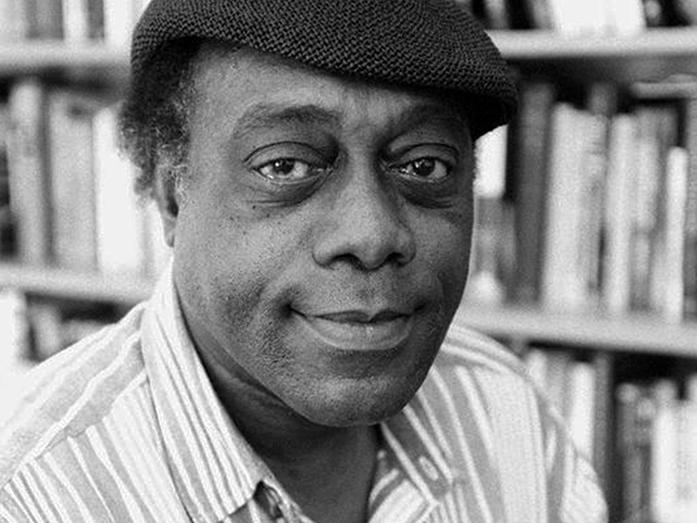By Girindra Selleck
James Alan McPherson, a professor emeritus at the Iowa Writers’ Workshop and the first black author to win the Pulitzer Prize for fiction, passed away on Wednesday in Iowa City because of complications from pneumonia. He was 72.
Born in 1943 in Savannah, Georgia, McPherson spent his formative years in segregated classrooms and on railroad dining cars, where he worked as a waiter. He later earned a bachelor’s degree from the historically black Morris Brown College in Atlanta.
In his essay collection A Region Not Home: Reflections from Exile (Simon & Schuster), McPherson explained how he became a writer somewhat by chance in the early 1960s at the height of the Civil Rights Movement.
Inspired after having seen a poster calling for submissions to a creative-writing competition, he quickly taught himself to write and type. Nothing immediately came of this — in fact, the story he planned to submit was lost — but in 1965, he entered another competition — sponsored by the Atlantic Monthly — and was awarded first prize by the longtime editor of the magazine, Edward Weeks.
McPherson’s writing career was temporarily put on hold when he was accepted at — and decided to enroll in — the Harvard Law School. In his second year, however, he finally found the “solitude, and the encouragement, to begin writing seriously” when, through a friend, he took a position as a janitor in one of Cambridge’s apartment buildings. “Offering my services in that building was probably the best contract I ever made,” he said in A Region Not Home.
Even decades later, as an established author and professor at the world’s most famous writing program, McPherson retained an affinity for the experience of people from all strata of society.
“Wherever I’ve gone, I’ve always tried to make connections outside of the literary environment. I can still be comfortable with farmers, or blue-collar workers, without pretending or trying to act condescending to those people,” he said during a 1988 interview published in the Iowa Journal of Literary Studies. “If you can’t find something human to relate to in a person who is not doing something you’re doing, then you’re lost.”
To those who knew him, McPherson remained somewhat of an enigma throughout his life — hyper-intelligent yet acutely self-aware, never one to boast of his many accomplishments.
“He was a reluctant star,” Associate Professor of English Michael Hill said in an interview for the Iowa City UNESCO City of Literature’s web series. “[Winning the Pulitzer Prize], something that you would want to scream from the top of buildings, that naturally you would want to announce as widely as possible, he was unsure of how even his own institution would respond to it.”
In addition to winning the Pulitzer for his short story collection, Elbow Room, McPherson was among the first 21 individuals to receive a “genius grant” from the John D. and Catherine T. MacArthur Foundation. He also received the inaugural Paul Engle Prize from the Iowa City UNESCO City of Literature in 2011.
The list of McPherson’s students over the years include literary luminaries such as Yiyun Li, ZZ Packer, Alexander Chee, and current Director of the Writers’ Workshop Lan Samantha Chang.
“He
McPherson is survived by his daughter, Rachel; his son, Benjamin; his brother, Richard; and his sister, Mary. His influence, however, spreads far beyond his immediate family.
“He’s touched a wider variety of people than most of us could dream of,” Professor of English Ed Folsom said in another interview for the City of Literature’s web series.
Daily Iowan copy editor and a longtime friend of McPherson, Beau Elliot, commented on his relationship with the author.
“[McPherson] meant a great deal to me, as a teacher, as a writer, as a friend, as a drinking buddy, as a great human being, as a purveyor of thousands of hours, it seemed, of great conversation,” Elliot said. “Jim physically might be gone, but Elbow Room and Crabcakes will live forever.”










